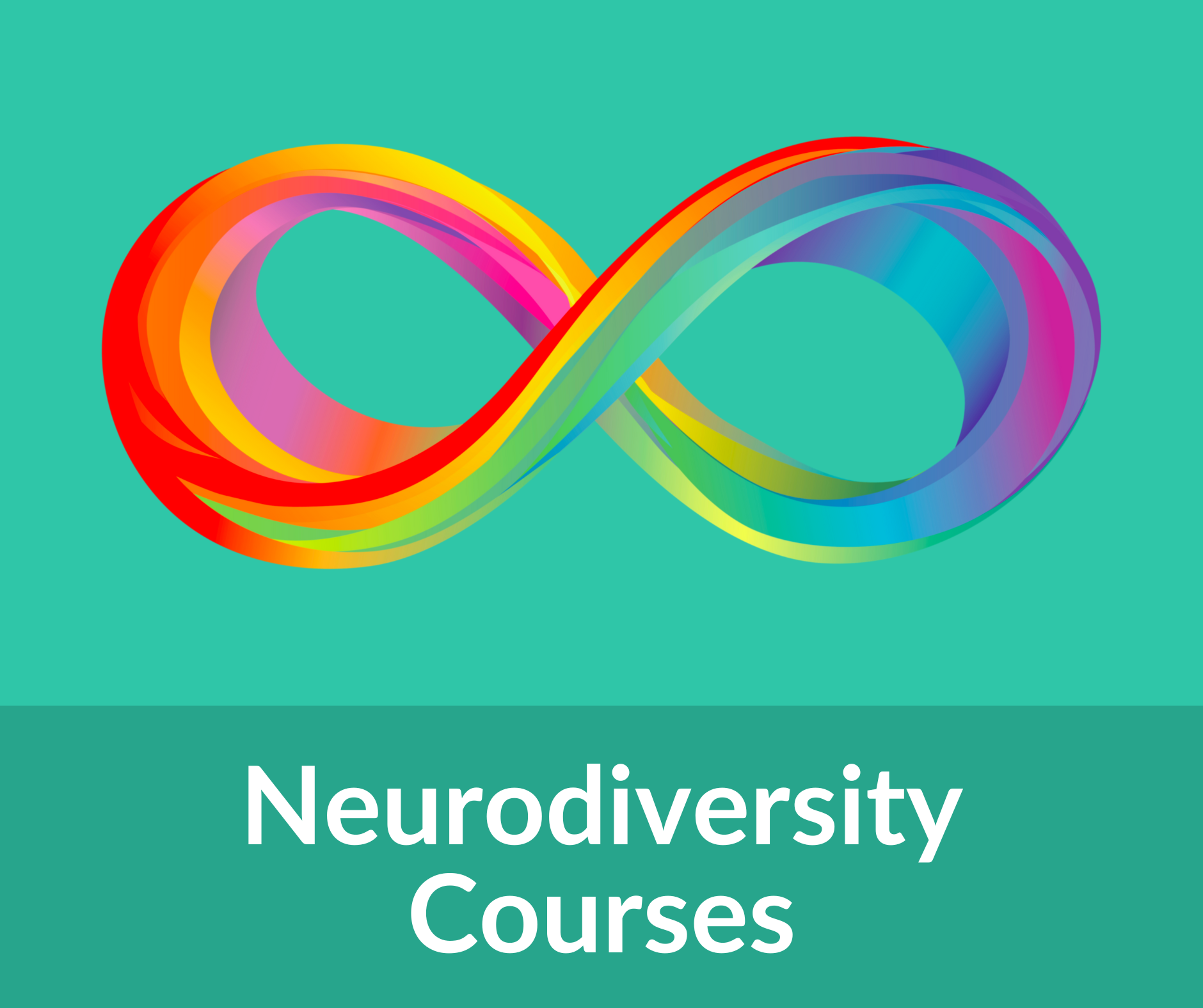The Advantage Accreditation team is proud to announce the launch of a new suite of course materials on Neurodiversity.
Our curriculum team have developed a range of courses on different neurotypes and how best to support neurodivergent people. These resources apply in any sector and industry, including health and social care.
Why Neurodiversity Training Matters
The term “neurodiversity” encompasses a range of neurological differences. It includes autism, ADHD, learning disabilities, and Tourette’s syndrome, among others.
Up to 20% of people in the UK identify as neurodivergent (Gov.UK). 79% of neurodivergent people are in full-time or part-time employment (Personnel Today). Only 23% of HR professionals and 29% of senior leaders have completed neurodiversity training within the past 12 months (City & Guilds).
With up to a fifth of our population identifying as neurodivergent, we need to create inclusive and accessible environments for neurodivergent people. This starts with educating ourselves about neurodiversity.
Here’s how neurodiversity training can benefit your organisation:
Improved Productivity
Neurodivergent people bring unique strengths to the workplace. These can include:
- Innovative problem-solving
- Attention to detail
- Deep concentration
- Analytical skills
- Strong memory
- Dedication
Creating an inclusive workplace means employers can access the unique skills of neurodivergent workers. Failing to provide adequate support creates barriers to work for neurodivergent people. Employers need to understand neurodiversity to embrace neurodivergent traits at work.
Improved Outcomes
Outside of the workplace, neurodivergent people make up a significant proportion of those in education and those using health and social care services.
Neurodiversity training is essential for improving outcomes in both education and care. Educators must accommodate different learning styles so that every student has the opportunity to thrive. Health and social care providers must deliver person-centred care, tailoring support to each individual. Person-centred care reduces barriers to healthcare and improves trust and communication.
Improved Compliance
Disability is considered a protected characteristic under the Equality Act 2010. While neurodiversity itself is not a disability, many neurodivergent conditions can be considered disabilities. Through neurodiversity training, organisations can ensure compliance with legal requirements under the Equality Act 2010 and reduce discrimination against neurodivergent people.
Our New Neurodiversity Courses
We have developed course materials to support our accredited centres in delivering outstanding neurodiversity training. Courses include:
- Mandatory Autism & Learning Disabilities Training
- Autistic Spectrum
- Working with Autistic People
- Learning Disability Awareness
- Learning Disability & Autism
- SEND Awareness
- Angelman Syndrome
- ADHD Awareness
- Dyslexia Awareness
- Acquired Brain Injury Awareness
- Sensory Processing Disorder
- Neurodiversity Awareness for Managers
How to Access These Courses
These neurodiversity training materials are available to all existing accredited centres. If you are already accredited through Advantage, you can integrate these courses into your training offerings. Please get in touch if you are interested.
For those looking to become an accredited training provider, our team is ready to guide you through the process.
Q&A Session: New Courses
We’re hosting a live online Q&A to discuss the latest additions to our course portfolio. Our team will be happy to answer your questions about these courses and about accreditation in general.
Wednesday 9th April, 2pm-3pm
Please contact us to sign up, and we will send you a Microsoft Teams invitation.

